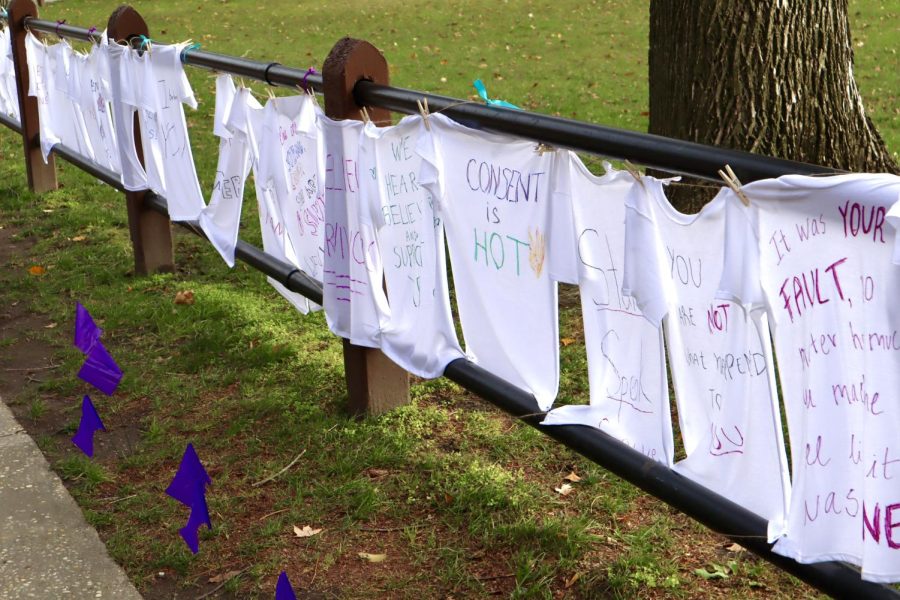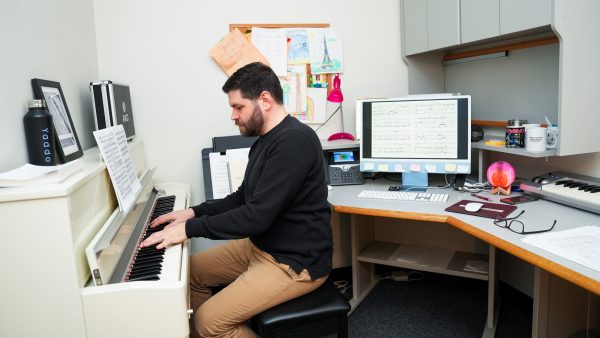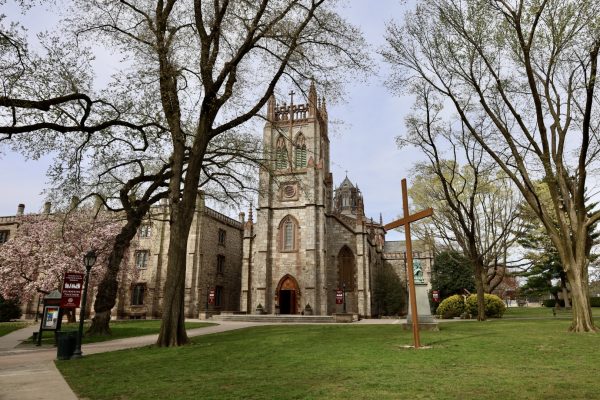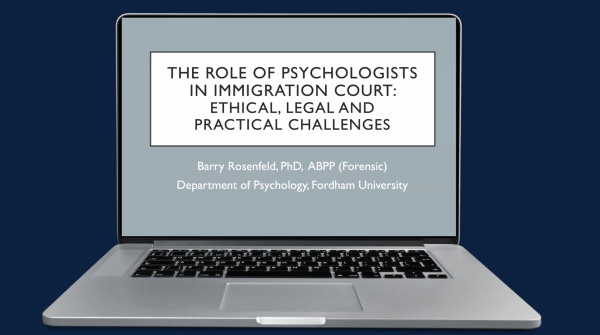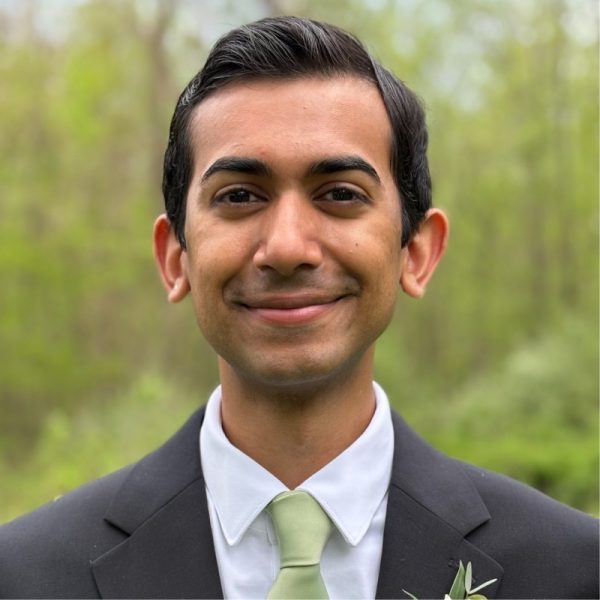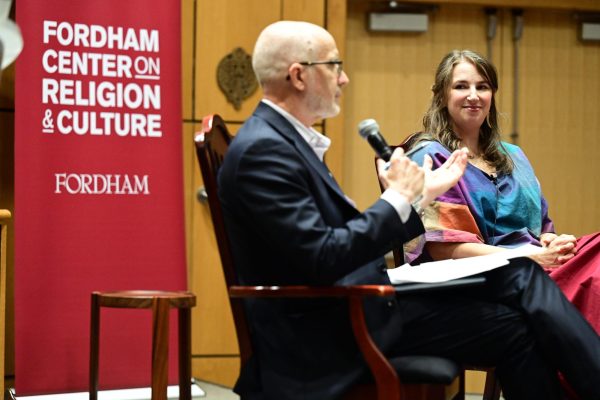United Student Government’s CSM Hosts Biannual Week of Action
Fordham’s United Student Government’s Committee on Sexual Misconduct’s (CSM) biannual Week of Action will occur from Nov. 28 to Dec. 2. The week includes different events each day from Monday to Friday. The purpose of the week is to help increase awareness on Fordham’s campus about sexual harassment and assault.
Farah Elrakhawi, FCRH ’24, chairperson of CSM, believes that Week of Action goes beyond just the committee and members. “It is so important. Clothesline project and different events that are visual representations and symbolic,” said Elrakhawi.
Elrakhawi explained that events like these are supposed to give people comfort, especially survivors, which is a group that is often unrecognized. “People don’t really say they are a survivor. It is an uncomfortable thing to disclose. It is a big issue in our culture, not just Fordham. Week of Action is very available and in your face in a good way. It is very symbolic and permanent for the week,” said Elrakhawi.
The Clothesline Project is not just at Fordham. According to Elrakhawi, the project has “been going on for a while.” The project involves asking students and others to write words of affirmation and encouragement to survivors of sexual assault and harrasment on white t-shirts.
“The white t-shirt is a blank canvas. We hang it up with purple and blue ribbons all week. We have a poster that has designs and phrases if they can’t think of anything. They can write anything uplifting and empowering,” said Elrakhawi.
Last semester, when the CSM did The Clothesline Project, it rained and snowed while they were hanging up on Edward’s Parade. Despite this, the shirts all stayed together. “It was very symbolic,” said Elrakhawi. “The shirts survived, and the message survived. We always do it no matter what the weather is. The shirts stay up. It is very symbolic of survivors’ strength and resilience.”
Molly Ewing, FCRH ’25, a member of CSM, said she hopes that the Week of Action makes survivors feel welcome and accepted on campus. “Our clothesline project is an impactful way for our community to send a message of strength and love to survivors,” said Ewing. “I also think this week is a time for education and awareness for everyone on campus. Many people do not realize the number of people impacted by this issue.”
In addition to The Clothesline Project, there are other events throughout the week. One of the biggest events during the week is the keynote speaker, Marlee Liss, from Toronto.
Marlee Liss’s sexual assault case was the first in North America that concluded with restorative justice in the courts. Restorative justice is a different way of dealing with crimes in the justice system.
According to the University of Wisconsin-Madison Law School, restorative justice works “to address the dehumanization frequently experienced by people in the traditional criminal justice system” and “seeks to examine the harmful impact of a crime and then determines what can be done to repair that harm while holding the person who caused it accountable for his or her actions.”
Ewing said she is most looking forward to this event. “I have heard many amazing things about her from students who were here a couple of years ago when she came for CSM’s Week of Action. She will be talking about restorative justice and her experiences with it as a survivor of sexual assault,” said Ewing.
Emily Kennedy, GSB ’24, another member of CSM, said she hopes that overall this week brings more awareness to the topic. “This week is important to me because it is a week-long demonstration of the need for more support for survivors of sexual misconduct.
The programs and events our team has been working on will hopefully show the Fordham community how important it is to support each other and be mindful of topics not often talked about,” said Kennedy.
Elrakhawi said that her biggest hope for the week is that students learn the importance of awareness. “The responsibility falls on all of us. There are definitely groups and people that are disproportionately impacted. The responsibility falls on all of us to combat it and prevent it,” said Elrakhawi.
Elrakhawi emphasized that sometimes the easiest way to take action is accountability within people’s own circles. “I think that the best way to reinforce that is accountability within ourselves first, our friends and when we see something, say something … Accountability within our social circle is the most important because that is where we can make the biggest impact,” said Elrakhawi.
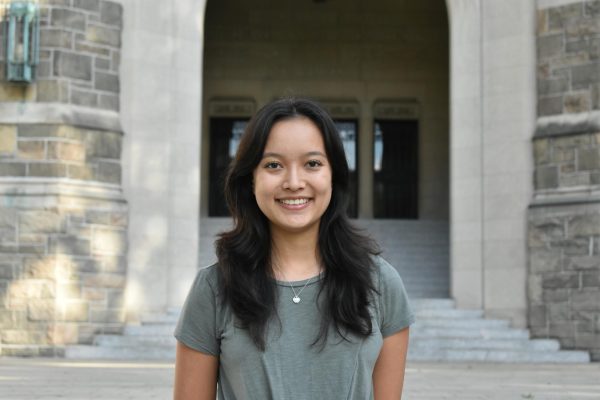
Emma Kim is a junior from Pittsburgh. She is double majoring in economics and English. She started as a contributing writer for news in her freshman year...





































































































































































































